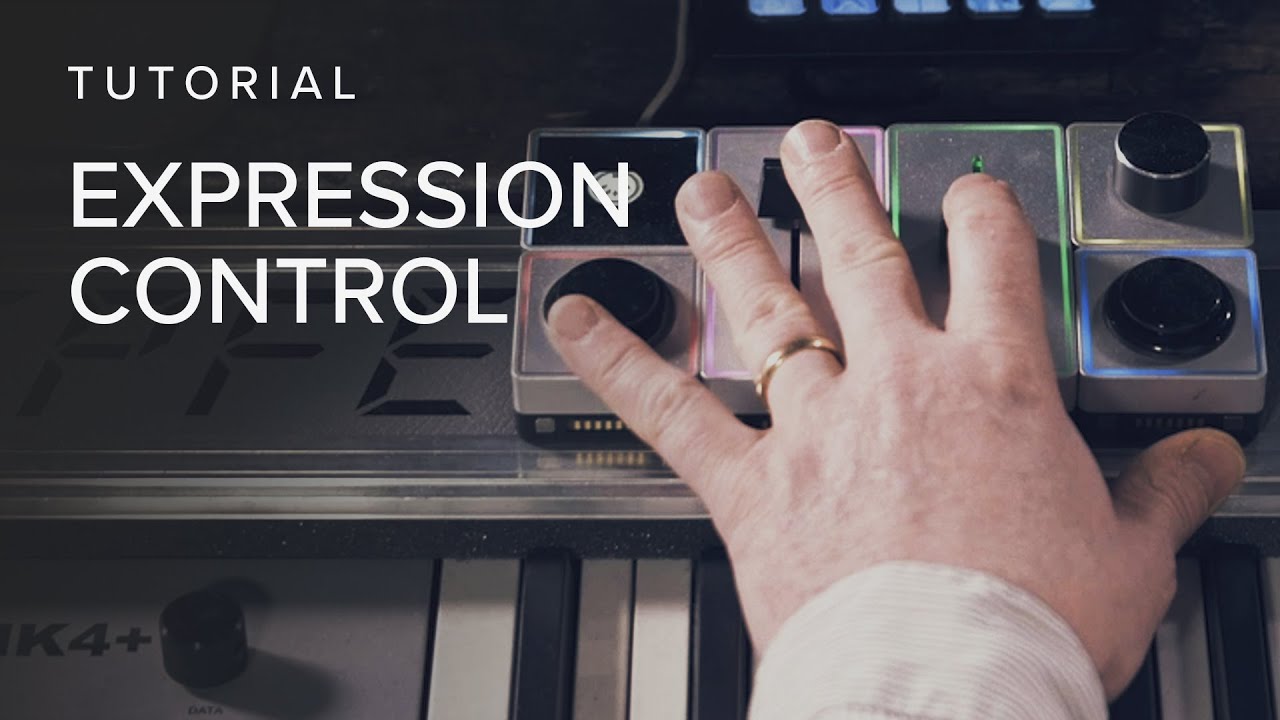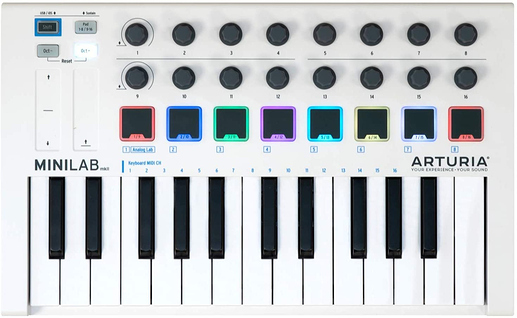Hey guys! Long time no see, but for good reasons. I’ve been playing a bit more lately, also studying some theory (finally). Thanks to this forum I’ve learned how to practice the guitar, but that is not why I’m making this thread.
I’ve seen a few threads here about piano/keyboard playing, so I figured that someone might be able to help me.
My passion since I was a kid was film scores. I would go back home from school and put movies on the DVD player, just to listen to composers like John Williams, Danny Elfman, Hans Zimmer, Howard Shore, etc. Theory, keys and orchestration were very intimidating, so I never really pursued it.
Recently though I got a 25 key Arturia Minilab MKII, got some free orchestral libraries and some affordable synths, so I decided to give it a proper shot.
Is there anyone with advice regarding keyboard practice coming from a hard rock/metal guitar background? Any sources for me to look at? Besides scales and basic chords, I don’t know what/how to practice.
Thanks!


